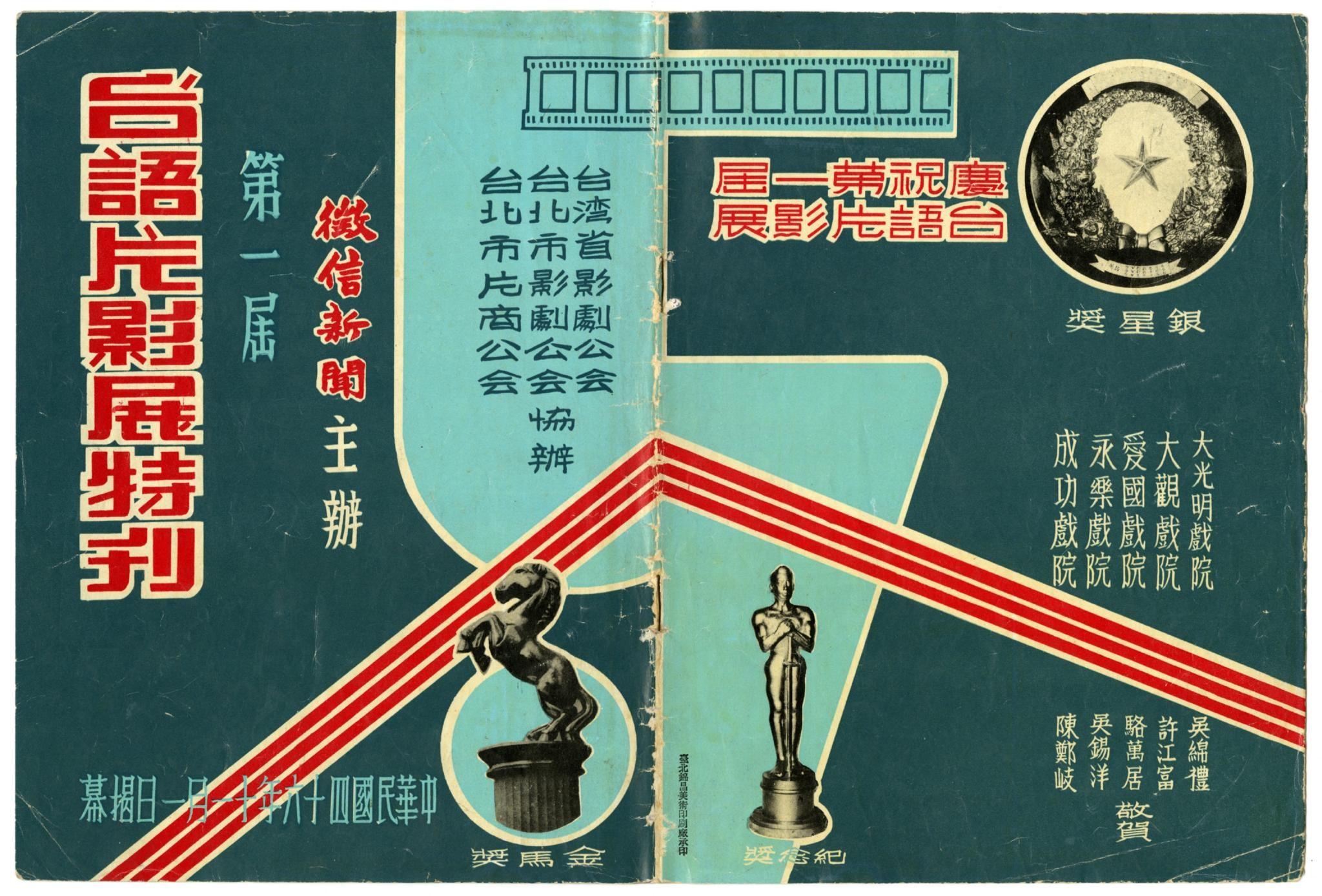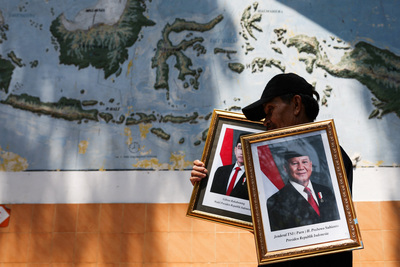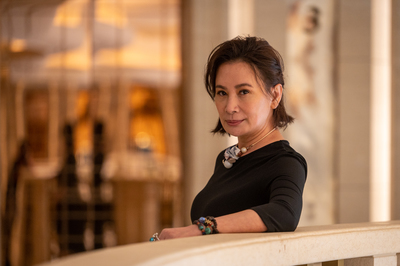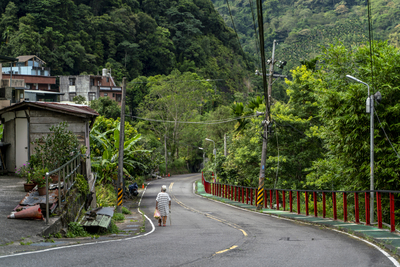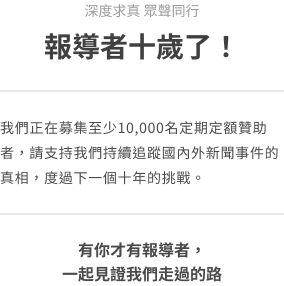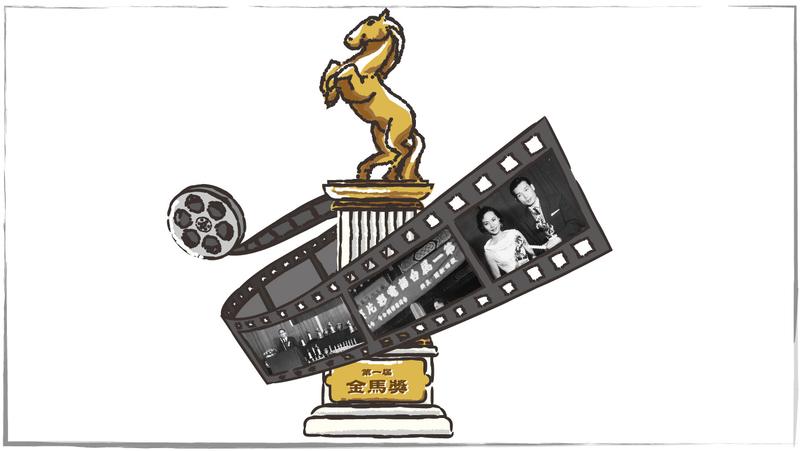
The KMT established the Golden Horse Awards in the 1960s as a propaganda tool to promote patriotic Mandarin-language films, but did you know the first Golden Horse Award was but a sideshow for Taiwan’s massive Taiwanese Hokkien film industry awards?
Before the Golden Horse Award was established, Taiwan was in the middle of its golden age for Taiwanese language films. As noted in the book Taiwan Film Directors: Treasure Island (台灣電影百年漂流), there were 176 Taiwanese Hokkien films produced from 1956 to 1959.
In 1957, the first Taiwanese Language Film Festival (台語片影展) was held at the National Taiwan Arts Education Center (國立台灣藝術館), and it was there that the first “Golden Horse Award” was given out. This was the first time the three words “Golden Horse Festival” were ever uttered in Taiwan. This festival wasn’t organized by the government, but by the Examiner News (徵信新聞), a local paper that would later become the China Times (中國時報).
On November 30 of that year, the newspaper’s director Yu Chi-chung (余紀忠) presented the awards — selected by a panel of judges — to eleven winners, including Kang Ming (康明) for his role in Monga Bones Incident (萬華白骨事件), and Ko Yu-hsia (柯玉霞) for her role in Three Beautiful Striving Youths (三美爭郎). Unfortunately, this was the only year the Taiwanese Language Film Festival was held before it fizzled out.
The Taiwanese language film market was still flourishing up to the 1970s. Between 1962 and 1969, there were over 800 Taiwanese language films produced, roughly one every 10 days. Though the vigorous and productive Taiwanese language film industry was not seen as important to the government, it flourished like wild grass, with those in the industry describing it as “Taiwan’s own Hollywood.”
Taiwanese language films were made in many genres and freely borrowed from Hollywood, Japanese, and Hong Kong films. For example, Brothers Wang and Liu 007 (王哥柳哥007) was a spy film, The Big Drunk Knight and the Blind Fencer (大醉俠與盲劍客) was an homage to Hong Kong folk wuxia, and Bride in Hell (地獄新娘) — based on Alfred Hitchcock’s Rebecca — is a 1965 film known for its beautifully idiosyncratic low-angled shots.
In 1962, the Government Information Office formally established the Golden Horse Film Festival and Awards. The new awards show would only accept Mandarin language films, despite only seven films in Mandarin produced that year, and over 120 films in Taiwanese. The KMT wanted to promote Han Chinese thought and anti-Communist culture, so they fostered Mandarin language films through the Golden Horse Awards and the Central Motion Picture Corporation (中影製片).
As the government pushed a film style called “healthy realism” (健康寫實主義) and expensive and technically complex colour films became the mainstream, low-cost “guerilla-style” Taiwanese language films became less popular. Mandarin films took over the industry, and Taiwanese films withered away. Golden Horse award-winning directors like Lee Hsing (李行) and Ko Chun-hsing (柯俊雄) started their careers making films in Taiwanese, but later changed to making them exclusively in Mandarin.
Starting in 1990, the Golden Horse Awards was conducted and organized by an independent executive committee, and slowly shed its government ties and political directives. Simultaneously, qualifications to enter into the competition were relaxed. In 1992, five years after martial law was lifted, Taiwan’s Mainland Affairs Council lifted restrictions on Chinese films by allowing the import into Taiwan of films where less than half of the cast and crew were Chinese. The executive committee immediately allowed for such films to compete for the awards.
In 1996, the year of the first direct presidential election in Taiwan, the Golden Horse Awards nominated a Chinese film for the first time. Films could enter as long as the main spoken language was Mandarin, regardless of whether it was a foreign film, how it was funded, or the nationalities of the actors. That year, Chinese director Jiang Wen (姜文)’s In the Heat of the Sun (陽光燦爛的日子) won the award for Best Feature, Best Director, Best Adapted Screenplay, Best Cinematography and Best Sound Editing.
Opening up, independence and diversity slowly transformed the core values of the Golden Horse Awards. Starting in 2003, the Golden Horse Awards stopped requiring the main language of film entries to be Mandarin. In 2016, the requirements were loosened even more, requiring only the director and seven others in the creative team to be of ethnic Chinese origin, paving the way for films from many other countries to participate.
(To read the Chinese version of this article, please click: 真的假的?第一次「金馬獎」其實是台語影展? )
深度求真 眾聲同行
獨立的精神,是自由思想的條件。獨立的媒體,才能守護公共領域,讓自由的討論和真相浮現。
在艱困的媒體環境,《報導者》堅持以非營利組織的模式投入公共領域的調查與深度報導。我們透過讀者的贊助支持來營運,不仰賴商業廣告置入,在獨立自主的前提下,穿梭在各項重要公共議題中。
今年是《報導者》成立十週年,請支持我們持續追蹤國內外新聞事件的真相,度過下一個十年的挑戰。

